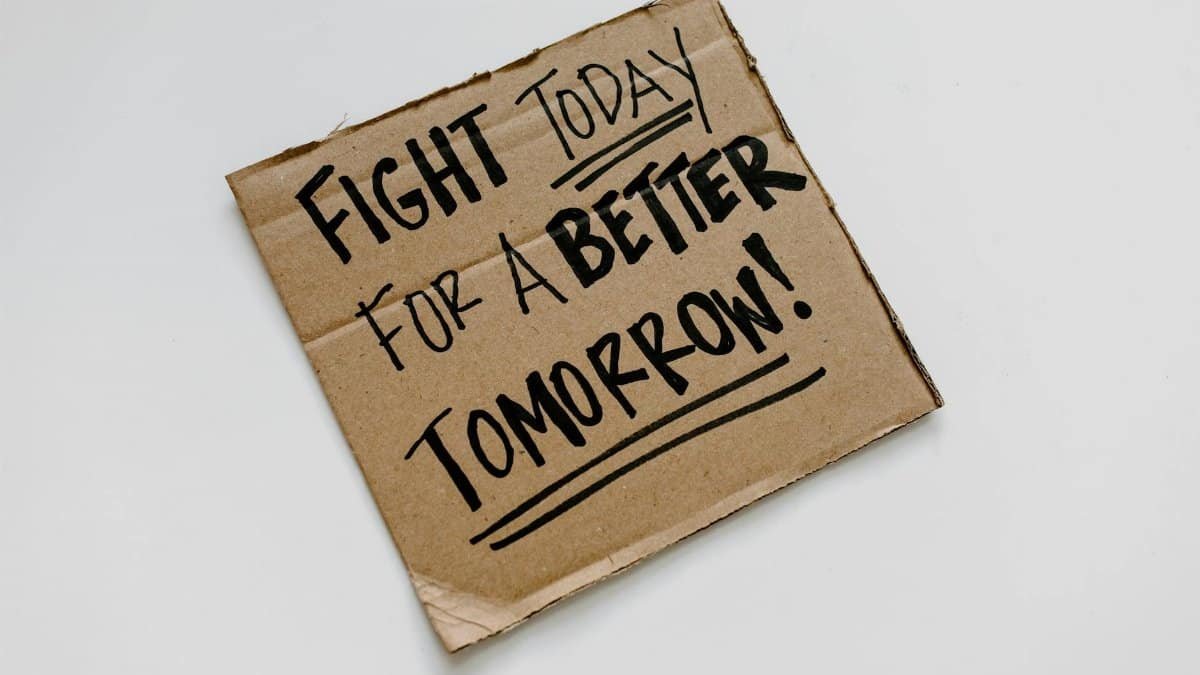Chicago mindful negotiation is causing a major shift in corporate law practices this year, as top firms embrace mindfulness to curb aggressive tactics. In a move that’s drawing attention across the U.S. legal landscape, several elite Chicago-based law offices have integrated this approach following a promising start. Developed in partnership with a leading business school, the initiative targets the heart of high-stakes deals, promising better results by dialing down personal egos. As 2025 unfolds, this trend could redefine how attorneys navigate boardroom battles, blending self-awareness with strategic acumen.
The Successful Pilot Program

The foundation for this rollout traces back to a pilot program conducted in late 2024. This initial phase tested the waters for mindful negotiation techniques among select legal professionals in Chicago. Participants from various firms engaged in sessions designed to address common pitfalls in corporate dealings. The program’s success was evident, paving the way for broader adoption. By focusing on real-world scenarios, the pilot demonstrated how mindfulness could transform tense negotiations into more productive exchanges. This early triumph highlighted the potential for reducing unnecessary conflicts that often arise from ego-driven stances. In the competitive world of corporate law, where posturing can derail deals, the pilot’s positive feedback encouraged firms to commit fully. As a result, what began as an experimental effort has now become a structured training regimen, integrated into daily practices at participating offices.
Official Launch in January 2025

January 2025 marked the official debut of the mindful negotiation training across several top-tier law firms in Chicago. This rollout followed directly on the heels of the 2024 pilot’s achievements, signaling a deliberate expansion. Firms involved have incorporated the program into their professional development curricula, making it accessible to attorneys at various levels. The timing aligns with the start of the new year, a period when legal teams often reassess strategies amid evolving U.S. business trends. In Chicago, a hub for corporate law, this initiative arrives as firms grapple with increasing demands for efficient, less adversarial deal-making. The program’s integration reflects a growing recognition that traditional negotiation styles may no longer suffice in today’s fast-paced environment. By embedding these techniques early in 2025, firms aim to set a tone for the year, potentially influencing outcomes in mergers, acquisitions, and other high-value transactions.
Key Firms Leading the Charge

Among the standout participants is Kirkland & Ellis’s Chicago office, a powerhouse in the legal sector. This firm, along with several other top-tier practices, has taken a leading role in implementing the mindful negotiation program. Their involvement underscores the initiative’s credibility, given Kirkland & Ellis’s reputation for handling complex corporate matters. The Chicago office’s participation highlights how local legal giants are adapting to innovative training methods. Other unnamed but prominent firms have joined, creating a collective push toward this mindful approach. This collaboration among elite players suggests a broader shift in the Illinois legal scene, where competition is fierce but innovation is key. By rolling out the program, these firms position themselves as forward-thinking entities, ready to tackle the ego-related challenges that plague corporate negotiations.
Partnership with Northwestern’s Kellogg School

The program’s development stems from a strategic collaboration with Northwestern’s Kellogg School of Management, a renowned institution for business education. This partnership brings academic rigor to the training, blending insights from management theory with practical legal applications. Kellogg’s expertise in negotiation and leadership has been instrumental in crafting modules that address real challenges in corporate law. The school’s involvement ensures the program is grounded in evidence-based strategies, drawing on research into human behavior and decision-making. In Chicago, this alliance leverages the city’s proximity to Northwestern University, fostering a seamless exchange of ideas. The collaboration exemplifies how academic institutions can influence professional practices, particularly in reducing counterproductive behaviors during negotiations. For more on Kellogg’s negotiation research, resources are available through their official channels, emphasizing mindfulness as a tool for better outcomes.
Aims to Reduce Ego-Based Posturing

At its core, the mindful negotiation program targets ego-based posturing, a common issue in corporate law that can escalate disputes unnecessarily. By encouraging participants to recognize and manage personal biases, the training seeks to foster more objective discussions. This approach involves techniques like self-reflection and active listening, which help attorneys step back from defensive positions. In high-stakes environments, where egos often clash, such methods can de-escalate tensions and lead to mutually beneficial agreements. The program’s focus on this aspect responds to longstanding critiques of aggressive legal tactics, which sometimes prioritize winning over optimal results. As U.S. firms face pressure to deliver efficient services in 2025, reducing ego-driven behaviors could streamline processes and enhance client satisfaction. This shift aligns with broader trends toward collaborative business practices, making mindful negotiation a timely intervention.
Improving Outcomes in Corporate Law

The ultimate goal of the program is to enhance outcomes in corporate law, where negotiations often determine the success of deals worth millions. By minimizing ego interference, attorneys can focus on substantive issues, leading to more effective resolutions. The training emphasizes strategies that promote clarity and empathy, potentially shortening negotiation timelines and reducing litigation risks. In Chicago’s bustling legal market, this could translate to stronger client relationships and higher success rates in transactions. The program’s rollout in 2025 comes amid a national push for more humane approaches in professional settings, influenced by evolving workplace dynamics. Firms adopting these methods may see tangible benefits, such as fewer stalled deals and improved team morale. Overall, the initiative positions mindful negotiation as a catalyst for better performance in an industry known for its intensity.
Broader Implications for Legal Practices

Beyond individual firms, the mindful negotiation rollout could influence the wider U.S. legal landscape, particularly in corporate sectors. Chicago, as a major center for business law, serves as a testing ground for this innovation, with potential ripple effects to other cities. The program’s emphasis on mindfulness draws from established principles in behavioral science, supported by studies on negotiation effectiveness. For instance, research from institutions like the American Psychological Association highlights how self-awareness can improve decision-making in high-pressure scenarios. This ties into national trends where professionals seek tools to combat burnout and enhance productivity. In 2025, as remote and hybrid work models persist, such training could become essential for maintaining focus during virtual negotiations. The initiative also reflects a growing integration of wellness concepts into legal education, potentially setting new standards for the profession.
Challenges and Future Prospects

While the program has gained traction, implementing mindful negotiation isn’t without hurdles. Attorneys accustomed to traditional, combative styles may initially resist the shift toward self-awareness. However, the successful 2024 pilot suggests these challenges can be overcome with consistent training. Looking ahead in 2025, firms plan to monitor progress through feedback and case studies, refining the approach as needed. This iterative process, backed by Kellogg’s input, ensures the program’s longevity. In the context of U.S. legal trends, where efficiency is paramount, mindful negotiation could evolve into a standard practice. Its focus on reducing ego posturing addresses a universal issue, making it adaptable beyond corporate law. As more data emerges from the rollout, Chicago’s experience may inspire similar programs nationwide, marking a subtle but significant evolution in how lawyers operate.
